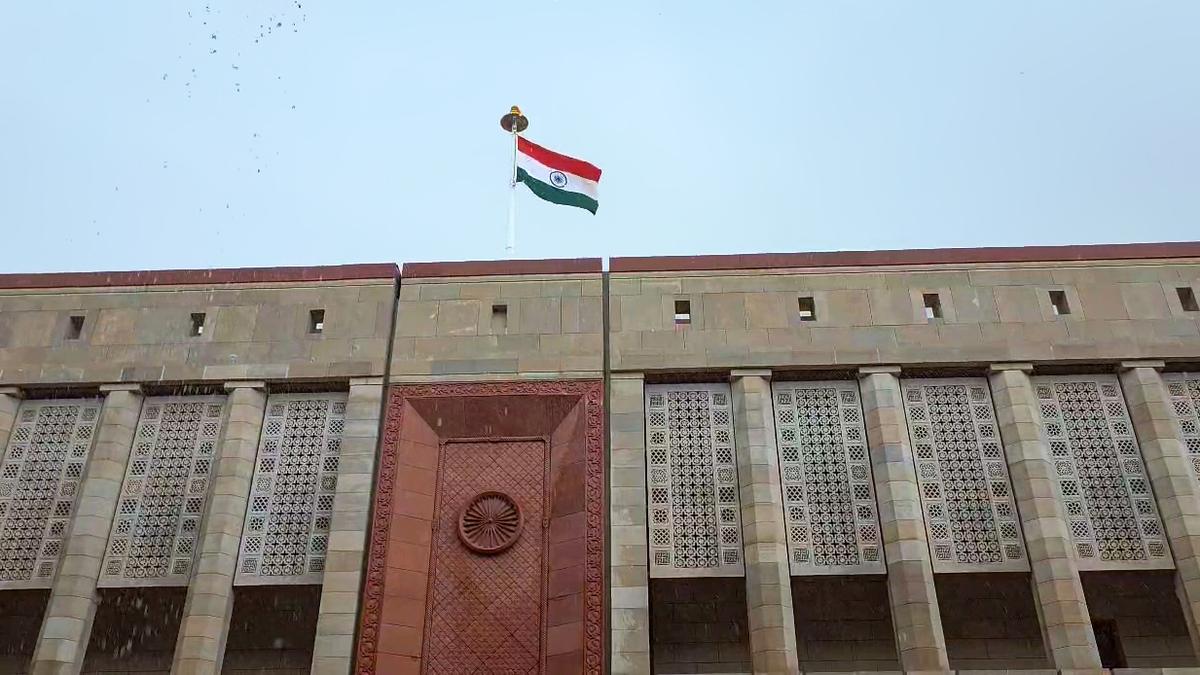Now Reading: Bureau of Immigration to Probe Fraud, Deport Foreign Nationals
-
01
Bureau of Immigration to Probe Fraud, Deport Foreign Nationals
Bureau of Immigration to Probe Fraud, Deport Foreign Nationals

Swift Summary
- The Union Ministry of Home Affairs (MHA) has notified the Rules under the Immigration and Foreigners Act, 2025 on September 1, 2025.
- The Bureau of Immigration (BOI) is legally empowered to examine cases of immigration fraud, coordinate with States for deportation, restrict movement of foreigners, and maintain an immigration database.
- Biometric data collection has been mandated for all foreigners; previously limited to select visa categories.
- Educational institutes are required to report foreign students’ academic performance, attendance records, and general conduct to the Foreigners Regional Registration Office (FRRO).
- Authorities can shut down premises like resorts or clubs if frequented by undesirable foreigners linked with crimes or illegal activities. approval is mandatory before reopening such premises.
- Airlines and sea-carriers must report passenger details within 15 minutes of departure.
- The role of “immigration officers” has been defined; they will be provided by the Intelligence Bureau.
- Hotels, universities, hospitals must mandatorily report any facts about foreigners for tracking overstayers.
- previous legislations governing matters related to immigration-the Passport Act (1920),Registration of foreigners Act (1939),Foreigners Act (1946),Immigration Carriers’ Liability Act (2000)-have been repealed.
Indian Opinion Analysis
the notification streamlines India’s approach toward immigration by consolidating multiple laws into one framework under the Immigration and Foreigners Act, marking a significant shift in regulatory efficiency. Legal codification expands BOI’s authority while bringing precision in tracking foreign nationals thru mandatory biometric data collection-a move that boosts security but may lead to logistical challenges during implementation.Requiring educational institutions to monitor foreign students adds accountability but raises administrative concerns regarding privacy regulations. Similarly, stringent reporting obligations may burden industries such as hospitality and aviation while addressing overstayer issues effectively.
By empowering civil authorities to shut down establishments frequented by undesirable foreigners involved in criminal activities or endangering public order-a provision meant to reinforce safety-there might also be concerns around broader interpretations potentially impacting businesses catering heavily to international visitors.
While ensuring vigilance against national security threats appears central-especially through coordination between intelligence bodies-the emphasis on swift action against immigration fraud could improve governance overall if executed transparently without disproportionate enforcement measures.
























